US ambassador speaks about air pollution in Tashkent
Recently, the environmental situation in Uzbekistan, especially in the city of Tashkent, has worsened. On some days, the amount of toxic particles in the air is several tens of times higher than the WHO recommendation. Even the occasional rain cannot improve the situation. As a result, Tashkent is among the cities with the worst air quality.
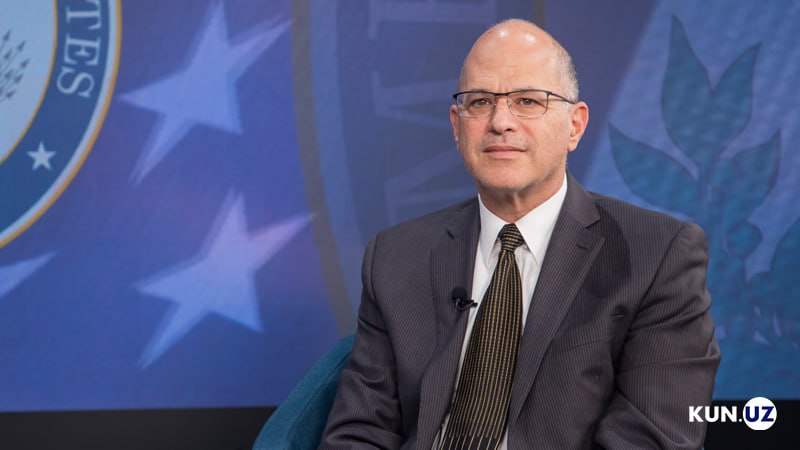
US Ambassador to Uzbekistan Jonathan Henick and Director of the USAID David Hoffman at a meeting with journalists on January 10, 2024, answered questions about the poor air quality in Tashkent.
According to Gazeta.uz, the US diplomats emphasized that everyone should work together to improve the air quality in Uzbekistan, including Tashkent.
"Air pollution should be seen by everyone as a personal problem. Because it applies to everyone - you, your family and your children. Therefore, the public should encourage the government to study the problem and take measures," said the US ambassador.
The air quality monitoring device on the territory of the US Embassy stopped working on January 9. The ambassador reported that the device started working again.
"The equipment needs maintenance from time to time, and sometimes there are problems. However, we are committed to independent assessment of air quality and we welcome cooperation with the government of Uzbekistan, mass media and civil society in monitoring air quality across the republic. Air pollution is a serious problem for all governments. This issue requires consistent action by the government in cooperation with the private sector, civil society and the media. I think if we work together, we can see air quality improve in the years to come," said Jonathan Henick.
According to the ambassador, the most important thing at this stage is to have an idea of what are the sources of air pollution, as well as what measures and investments are needed to solve this problem.
Jonathan Henick believes that the government cannot solve this problem alone. He says that everyone should work together for the solution of the problem.
"I would call all citizens of Uzbekistan to see air pollution as a personal problem. Because this is a problem for everyone - you, your family, your children. Therefore, we should take a personal interest in this issue and encourage the government to study the problem and take the necessary measures," said Jonathan Henik.
David Hoffman, head of the USAID office, agreed that efforts by the government and civil society are needed to improve the situation.
"I live in Tashkent; I have small children. That's why I, like many Tashkent residents, closely monitor the situation with air quality. I and my family support any measures that help to fight air pollution in Tashkent. This could be government-level actions to increase access to public transport. If there is a choice between walking or driving somewhere, my family and I prefer to walk. In this way, we try to make a small contribution to improving air quality. Of course, as we can see from objective sources like IQAir, there is still a lot of work to be done in Tashkent," said David Hoffman.
According to Hoffmann, in addition to increasing access to public transport and investing in the development of this sector, the authorities should focus on regulation and planning, particularly for business and industry.
"The issue of air cleanliness was once a problem in my country, for example, in big cities like Los Angeles. In the 1970s and 1980s, terrible smoke covered it. Government and civil society efforts have helped to improve the situation. Even now, the air quality in big cities is not ideal, but it is much better than it was 20-30 years ago. Similar measures should be taken in Tashkent," said David Hoffman.
For information, recently the air of Tashkent has become seriously polluted, and the amount of toxic particles in the air is several tens of times higher than the WHO average.
Related News
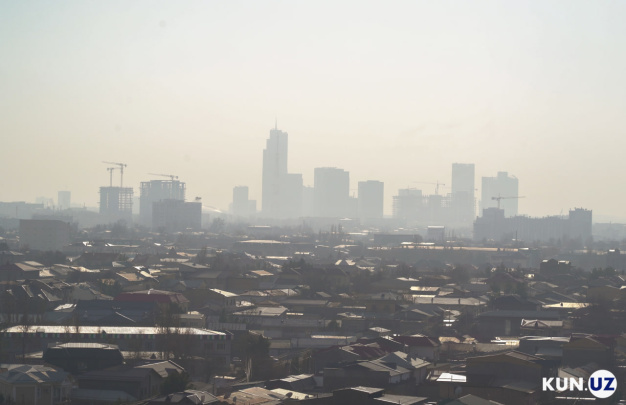
12:14 / 22.10.2024
Tashkent ranks among the world's most polluted cities once again
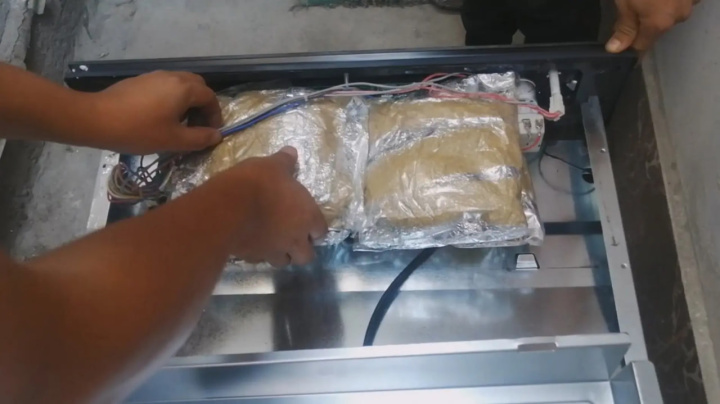
15:30 / 17.10.2024
Law enforcement officers intercept 4.5 kg of synthetic narcotics in Tashkent raids
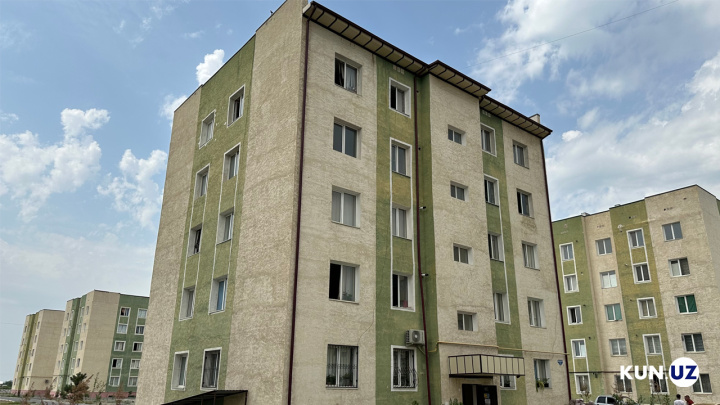
11:59 / 14.10.2024
Tashkent sees slight rental price increase despite yearly decline
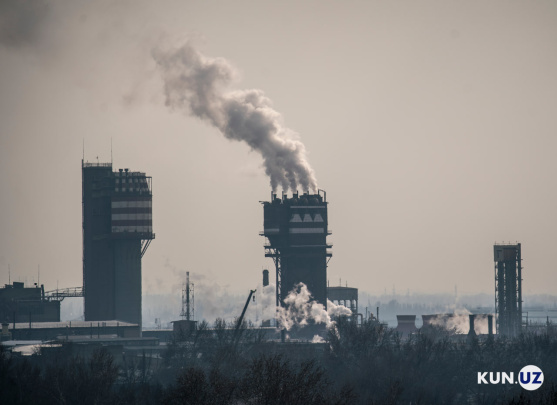
17:11 / 09.10.2024



